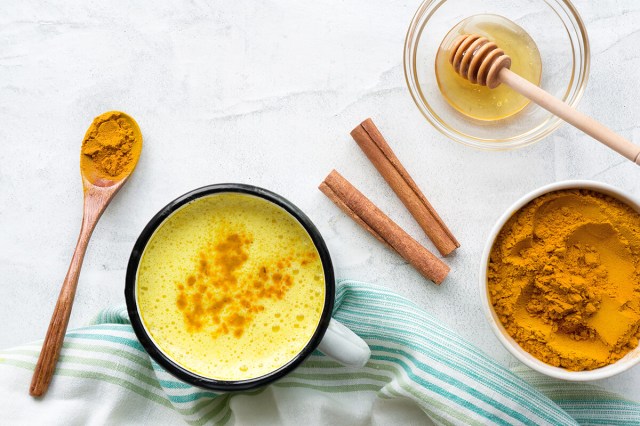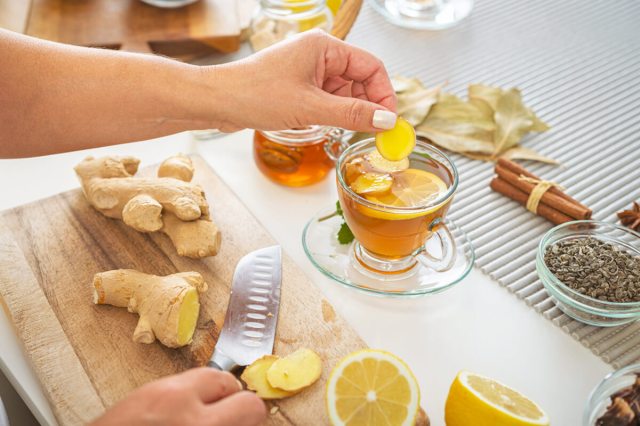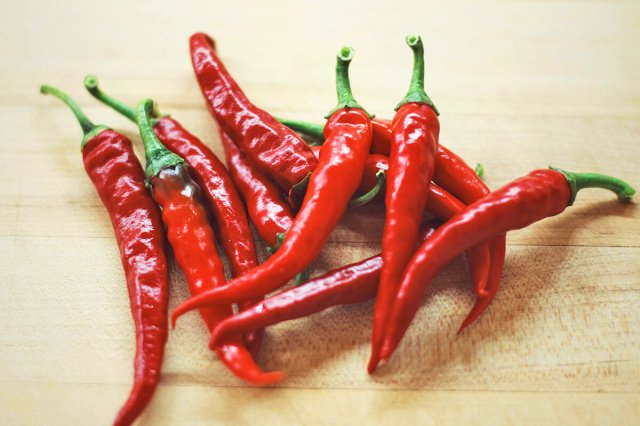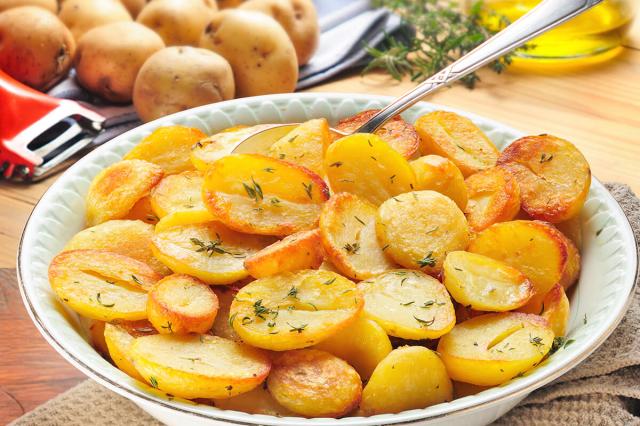While today’s robust pharmaceutical industry can easily relieve ailments, you may want to visit the supermarket to reduce inflammation, keep your heart healthy, and even help with brain function (no, really!). Keep reading to see for yourself how adding a few herbs and spices won’t just make your food taste great — but make you feel great, too!

Anti-Inflammation: Turmeric
Turmeric is celebrated for its anti-inflammatory properties thanks to curcumin, an active compound found in the spice. Curcumin effectively reduces inflammation, making it useful in managing arthritis and digestive inflammation. Turmeric is commonly added to curries, soups, or even smoothies. A common way to enjoy its benefits is by making golden milk, a mix of turmeric, warm milk, and honey.

Antioxidant: Cinnamon
A diet high in antioxidants may reduce the risk of many diseases, including cancer and heart disease. It does so by preventing further damage caused to cells by oxidation. Cinnamon is a great — and easy — way to incorporate some antioxidants into your diet. Just sprinkle it in or over your morning oatmeal or toast, and you’re good to go!

Better Digestion: Ginger
Ginger aids digestion by stimulating digestive enzymes, easing nausea and indigestion. One study highlighted ginger’s effectiveness in reducing nausea, particularly in pregnancy and postoperative care. Add ginger to a curry (along with your turmeric above) for a one-two punch of efficacy. Fresh ginger tea can be made by steeping the root in hot water, providing a soothing remedy for digestive discomfort.
Reader Favorites

Enhanced Metabolism: Chili Peppers
Chili peppers contain capsaicin, which boosts metabolism by increasing thermogenesis, aiding in calorie burning and fat loss. Chili peppers are incredibly easy to incorporate into one’s diet — from salads to meat to tacos — making them a delicious and effective way to boost your metabolism.

Heart Health: Garlic
You’ve probably heard this one already, but it bears repeating. Garlic promotes heart health by lowering cholesterol and blood pressure. Many people with heart issues are often told to take pills derived from garlic, but eating the “real thing” is just as easy.

Better Brain Function: Sage
Sage is known for boosting brain function by enhancing memory and concentration. Certain compounds in sage help to maintain acetylcholine, neurotransmitters that play a role in memory, learning, and attention. Studies also show it has a noticeable positive effect on mood regulation. In turn, the medicinal nature of sage may have a small, but not altogether negligible, effect on those at risk of diseases like Alzheimer’s.
Sage is great in several savory dishes, such as roast chicken and creamy pasta. Adding a little to hot water along with your ginger, as shown above, is also a great way to get some concentrated benefits from the herb.

Antimicrobial Effects: Thyme
Flu season is just around the corner, and while you’re stocking up on tissues and cough drops, maybe add some thyme to your grocery list. Thyme has antimicrobial properties that can effectively fight viruses like the common cold and flu. Its peppery and sweet taste goes great with soups and foods served around Thanksgiving — think turkey, roast chicken, and herbed potatoes.
More From Our Network
Better Report is part of Inbox Studio, which publishes content that uplifts, informs, and inspires.

















